Intro to Climate and Sustainability
Sustainability and capitalism
Misha Velthuis
m.velthuis@uva.nl
Thu 17 Oct 2024
Link
Tuesday: ecomodernism and its critics
We are inside the car…

But this week we watch…

Ecomodernism and its critics
The case for ecomodernism
The case against ecomodernism
"Absolute decoupling is possible"

The P of IPAT
Demographic transition

Demographic transition


The A and the T of IPAT
'A' needs to go up, for 'T' go down

The environmental kuznets curve

Growth is solution: we can't stop now


Absolute decoupling for CO2
The declining T
appears to Work for deforestation?
Forest transition model

Forest transition model
Appears to work for wild life?

Ecomodernist: optimism


But conditional optimism
Where to live:
urban areas
How to produce food
intensive agriculture
How to generate energy
high EROI, such as nuclear
Where not to live
sub-urban, rural areas
How not to produce food
low yielding farming
How not to generate energy
low EROI sources
Say no to Rousseau and Thoreau


Say not to Kumarappa

Make the anthropocene great again

Case against ecomodernism
It's not feasible.
It's not desirable.
There are alternatives.
It's not feasible: the IPAT summary
Jevons
Decreases in 'T' tend to be undone by increases in 'A'
Trade
Decreases in 'I' are not because decreases in 'T' but because some of the 'I' is taking place somewhere else.
Not enough
There might be local, specific examples where 'I' is decreasing because 'T' is declining, all while 'A' keeps increasing, but overall it's not enough.
Not feasible #1: Jevons paradox


Not feasible #2: trade
“Domestic material use in some developed OECD economies has reached a plateau, but this is because of globalization and trade. If we take into account imported goods, then the material requirements of products and services consumed in OECD countries have grown hand in hand with GDP, with no decoupling”
(Kallis et al., 2018)
Not feasible #3: it is not enough
CO2 emissions need to go down much faster …
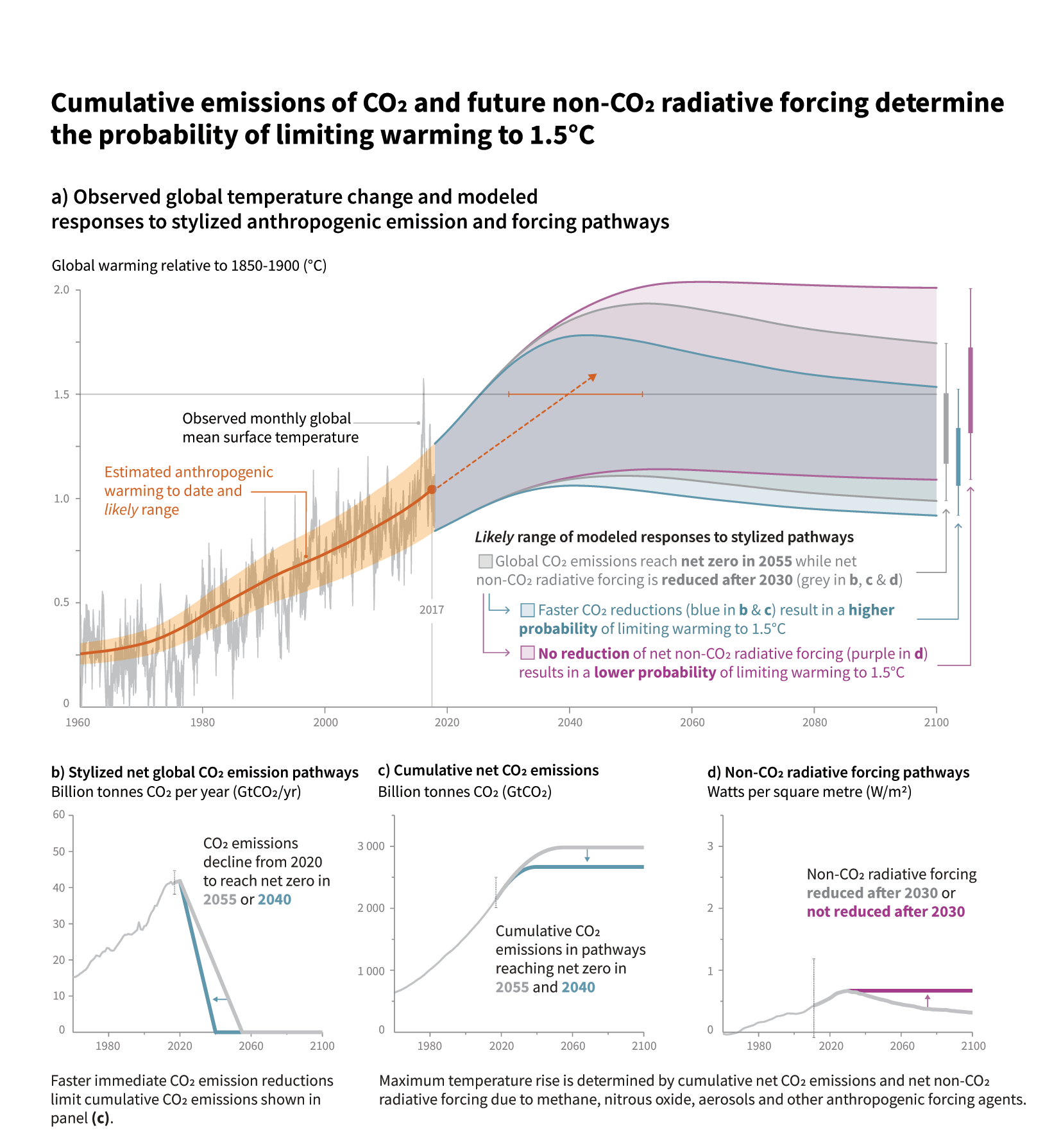
… especially in the face of international justice

… global annual CO2 emissions are still rising
… and also, the problem is not just CO2
“At the global level, GDP and material use have increased approximately 1:1”
(Kallis, 2018, p. 297).
It's capitalism stupid
Capitalism, in its essence, requires growth.
To prevent climate catastrophe, we cannot keep growing.
The problem is capitalism.
Today: capitalism
What is it?
Why are people in favour?
Why are people against?
What is captitalism?
Capitalism vs feudalism
Workers are separated from means of production
(new in capitalism)
Workers are paid less than what they produce (surplus for capitalist)
(same as under feudalism)
Workers are paid wages that they spend on the open market
(new in capitalism)
Capitalists need to reinvest surplus to expand/maintain market share (and continue accumulation)
(new in capitalism)
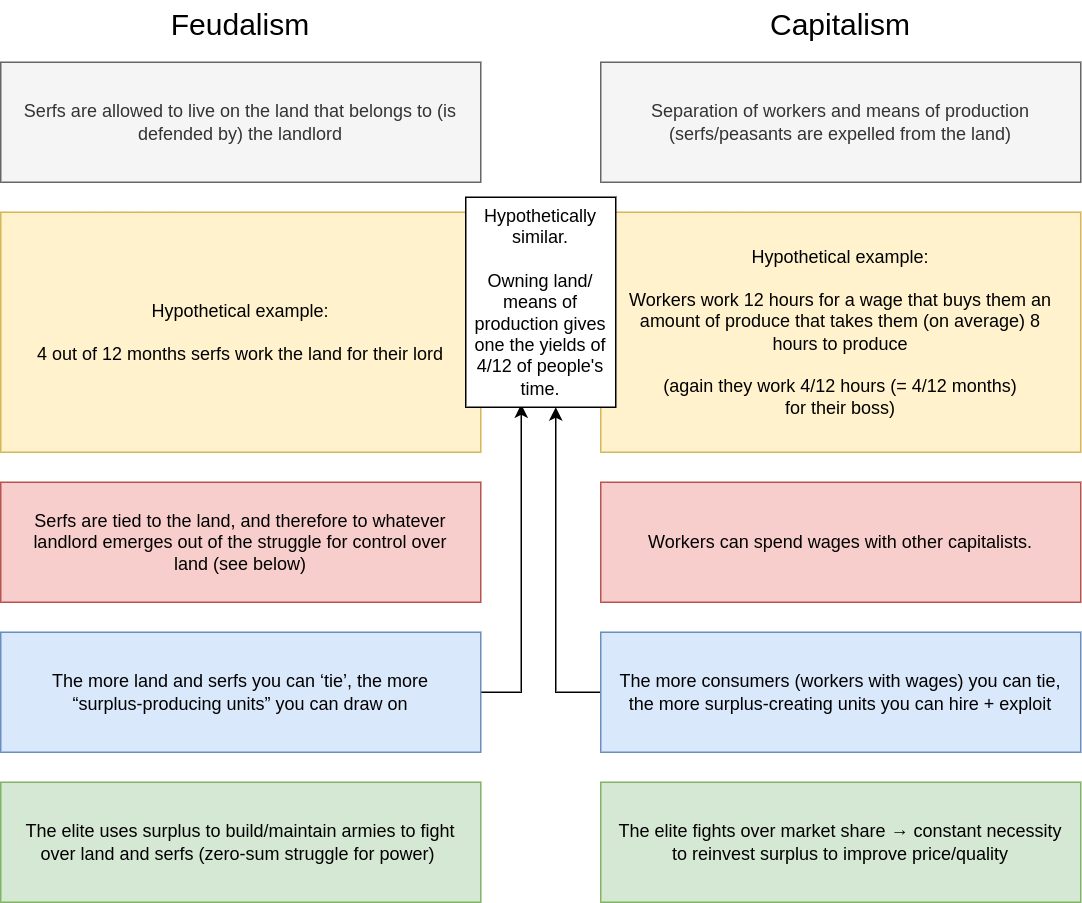
Why are people in favour of capitalism?
Capitalism: freedom for workers and consumers
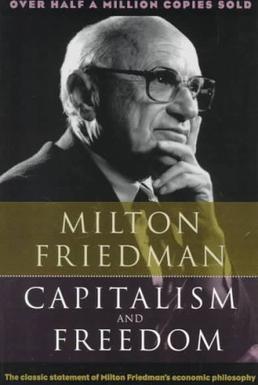
Capitalism: elites fight over market share

Capitalism: systemic imperative to increase productivity
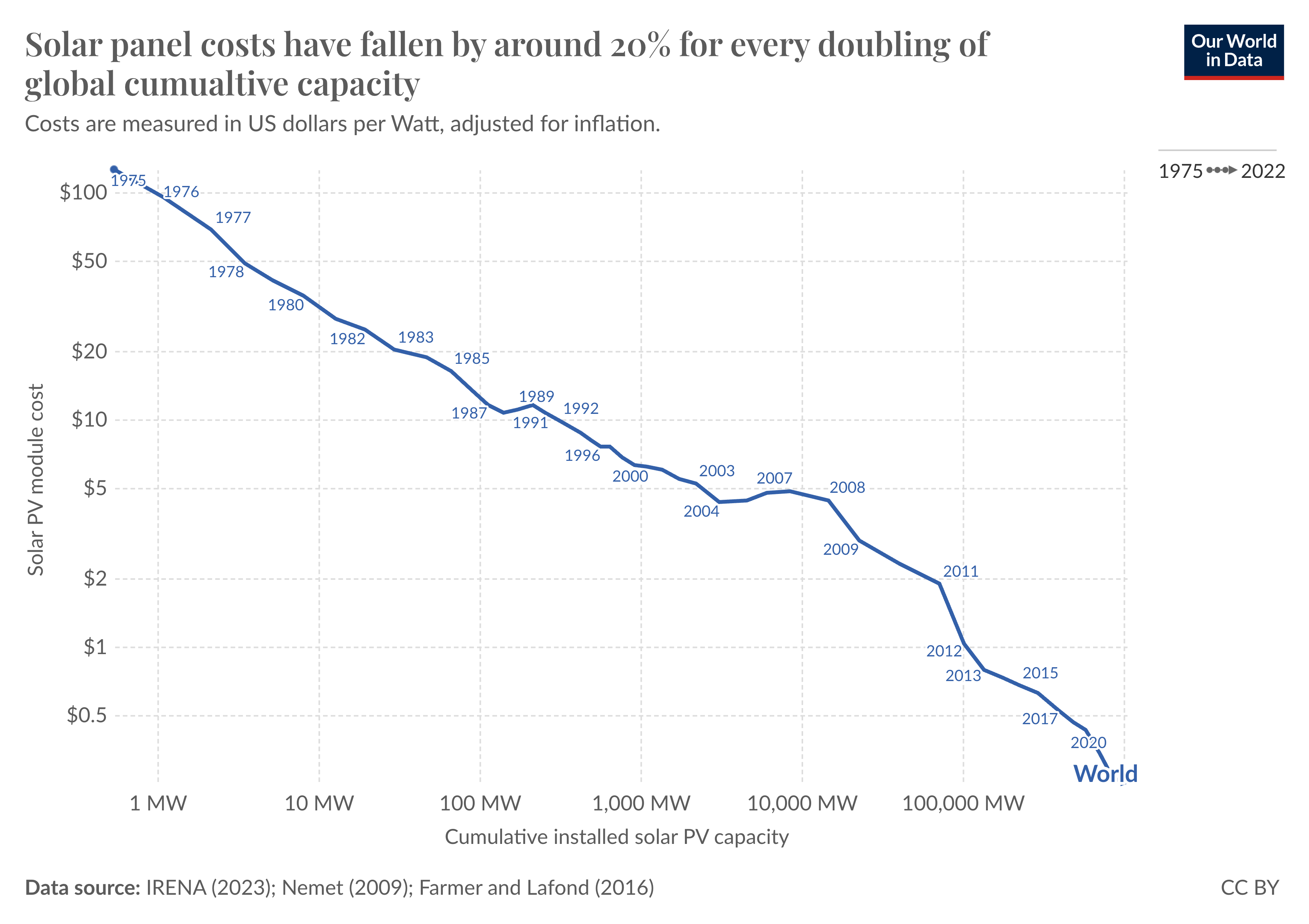
Historical materialism

Ecomodernists: the state can change the landscape

If we only internalize the externalities…
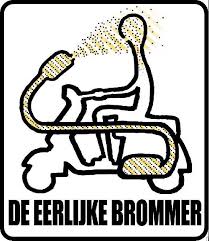
Why are people against capitalism?
Because we are rolling towards the abyss
and we won't be able to stop

It's not just minimizing cost
it's also maximizing exploitation

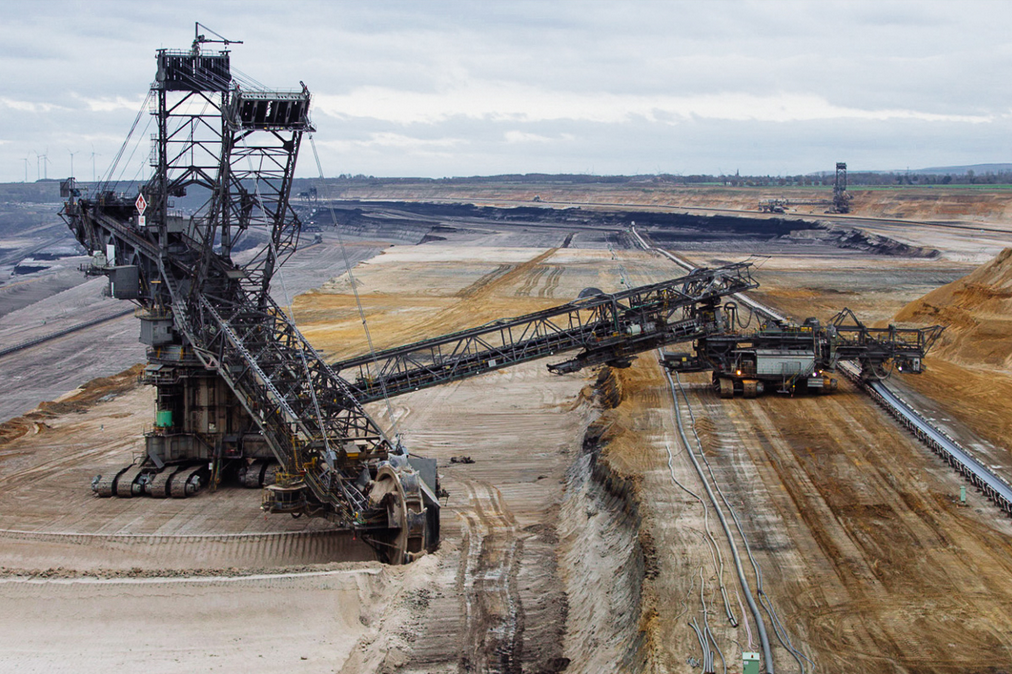
Violent pursuit of cheap labour and cheap resources


Mother of all collective action problems


The outcome:
Perpetual growth,
interspersed with crises

Collective action problem among capitalists

People with power
have the power
to prevent people
from taking away their power

Where will the necessary
collective action emerge?
Right wing backlash in the face of credible threats of
collective action?


After the reading week
Decolonization
Open session?
The monsters underneath capitalism:
Colonialism,
extractivism
and the modern divide.
Dangers of anti-capitalism
Degrowth
Proposals?
Sources of hope?